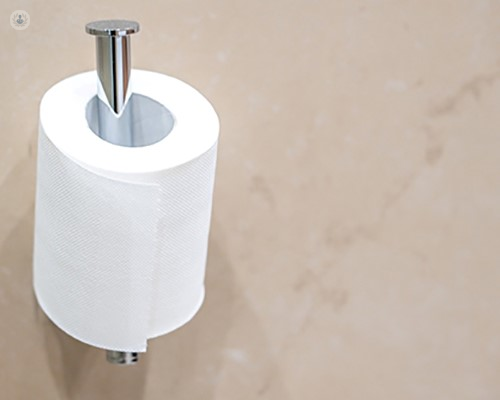Comprehensive guide to UTIs: Causes, symptoms, and prevention
Autore:Urinary tract infections (UTIs) are a common medical condition that can affect anyone, but they are more prevalent in women than in men. In his latest online article, Mr Moeketsi Mokete explores what UTIs are, their causes, symptoms, and treatment options to help you better understand and manage this condition.

What is a UTI?
A urinary tract infection occurs when bacteria enter the urinary tract, which includes the kidneys, ureters, bladder, and urethra, and multiply. This can lead to inflammation and irritation of the urinary tract, causing discomfort and various symptoms.
Causes of UTIs
The most common cause of UTIs is bacteria, particularly Escherichia coli (E. coli), which are normally found in the digestive system. These bacteria can enter the urinary tract through the urethra and multiply, leading to infection. Other factors that can increase the risk of UTIs include inadequate hydration, urinary retention, sexual activity, and certain medical conditions such as diabetes or kidney stones.
Symptoms of UTIs
The symptoms of a UTI can vary depending on the part of the urinary tract affected, but common signs include:
- Frequent urge to urinate
- Pain or burning sensation during urination
- Cloudy or strong-smelling urine
- Blood in the urine (haematuria)
- Pelvic pain in women
- Fever or chills (indicating a more severe infection)
Diagnosis and treatment
If you suspect you have a UTI, it's essential to see a healthcare professional for proper diagnosis and treatment. Diagnosis typically involves a urine test to detect the presence of bacteria and other abnormalities. Treatment for UTIs usually involves antibiotics to kill the bacteria causing the infection. It's important to complete the full course of antibiotics as prescribed by your doctor, even if you start feeling better before finishing the medication.
Preventing UTIs
While UTIs can be challenging to prevent entirely, there are steps you can take to reduce your risk:
- Ensure adequate hydration by consuming plenty of water to assist in flushing bacteria from your urinary tract.
- Urinate frequently and empty your bladder completely.
- After using the toilet, remember to wipe from front to back to prevent bacteria from entering the urethra.
- Adhere to good hygiene practices, which involve washing the genital area using gentle soap and water.
- Urinate soon after sexual activity to help flush out bacteria.
Seeking medical advice
If you experience symptoms of a UTI or have recurrent infections, it's essential to seek medical advice. Untreated UTIs can lead to more severe complications, such as kidney infections or bloodstream infections. By understanding the causes, symptoms, and treatment options for UTIs, you can take steps to manage this common condition and reduce its impact on your daily life. Remember to consult your healthcare provider for personalised advice and treatment recommendations.
Mr Moeketsi Mokete is an esteemed urologist. You can schedule an appointment with Mr Mokete on his Top Doctors profile.


